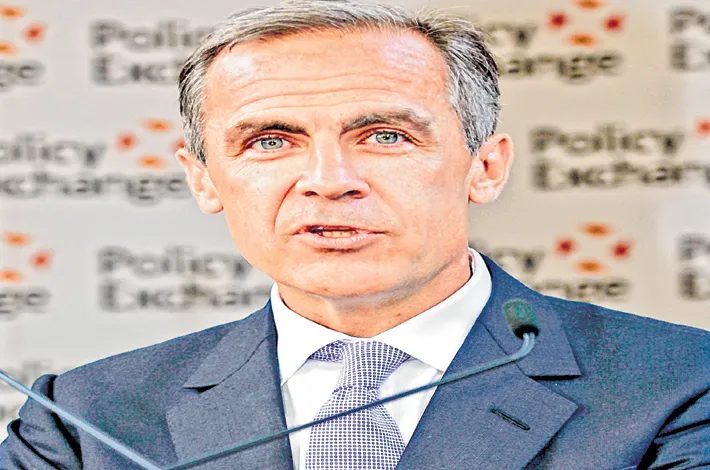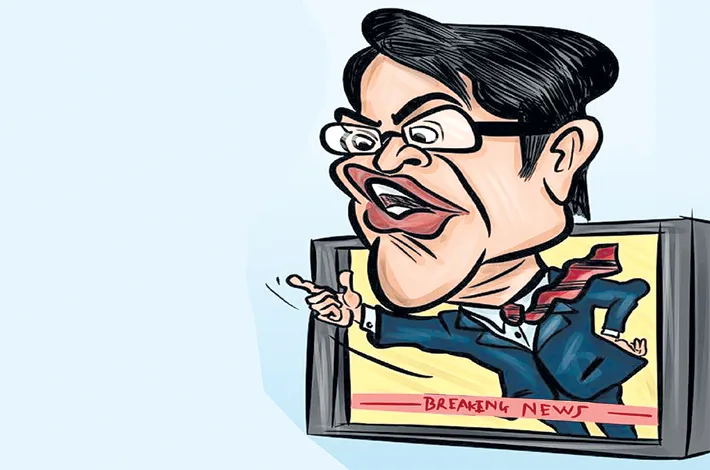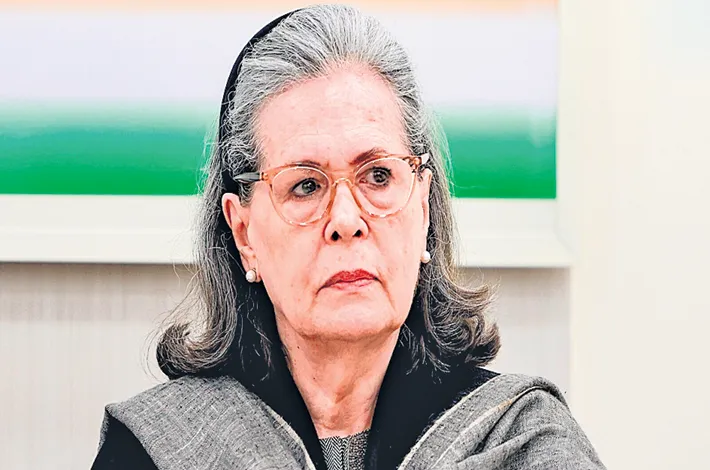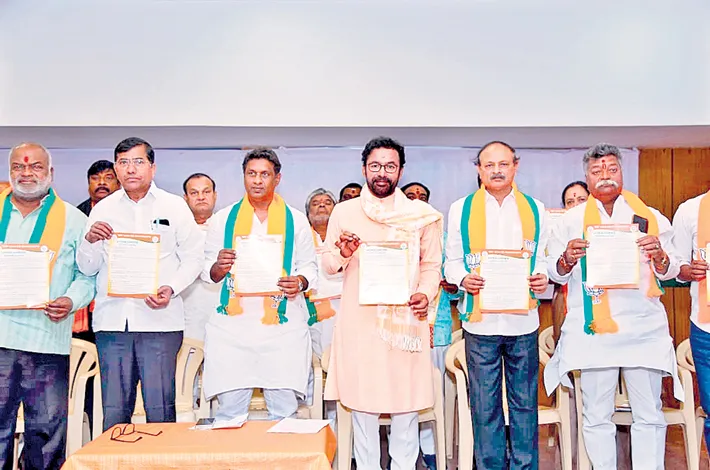Mark Carney’s win in Canada: A reset of relations with India
07-05-2025 12:00:00 AM

Carney’s foreign policy aims for more than just damage control, it seeks strategic realignment. India will occupy a prominent space in this vision
It was a double blow for Conservative leader Pierre Poilievre; not only did he experience a humiliating defeat after 21 years, but he also watched his party squander a 20-point lead over the Liberals. In a dramatic reversal, Liberal leader Mark Carney emerged as the saviour, orchestrating the revival of a party once deemed in terminal decline.
The political upheaval deepened as Jagmeet Singh, once the kingmaker in the Trudeau government, suffered a humiliating defeat. Not only did he lose his seat, but the New Democratic Party (NDP) was reduced to just 7 seats, losing its national party status. This outcome is seen as a rebuke from the Sikh community over Singh’s pro-Khalistani tilt, which had strained Indo-Canada relations.
Carney’s ascent to Canada’s top office marks a shift in both the domestic and foreign policies, especially towards India. After years of frosty diplomacy under Justin Trudeau, Carney offers a clean slate. A polished technocrat with international credibility, he has already signalled his intent to recalibrate ties with New Delhi.
In his first remarks, Carney stated, “It’s an incredibly important relationship, the Canada-India relationship, on many levels: personal, economic, and strategic.” This wasn’t just diplomatic rhetoric; it marked a departure from Trudeau’s era and reflected a new foreign policy priority.
The marginalisation of Khalistani elements is central to this shift. Under Trudeau, extremist voices were legitimised, eroding the trust with India. Their electoral defeat paves the way for a diplomatic reset. Carney’s intent to distance his government from separatist sympathisers has reassured New Delhi that anti-India activism will no longer be tolerated under the guise of free speech.
This change enhances Canada’s credibility and opens doors for deeper collaboration in trade, energy, education, and technology. It also frees the wider Sikh diaspora — largely moderate and integrationist — from being unfairly associated with separatism. Domestically, Carney can now focus on unifying communities rather than appeasing fringe ideologues.
If sustained, this reset could transform the two democracies from estranged partners into strategic allies. Carney inherits a damaged relationship. Trudeau’s tenure was marked by increasing mistrust, fuelled by Canada’s tolerance of separatists, the Nijjar affair, and repeated interference in India’s internal affairs. A potential model multicultural partnership had degenerated into a diplomatic standoff.
However, Carney brings a more grounded approach. With leadership stints at the Bank of Canada and the Bank of England, he commands global respect. His commitment to decoupling diaspora politics from diplomacy is a timely correction. Canada’s 1.8 million-strong Indian-origin population can now serve as a bridge, not a barrier.One key casualty of the Trudeau-Modi fallout was the stalled Comprehensive Economic Partnership Agreement (CEPA). Carney’s pragmatic worldview revives hope for its revival. He recognises India’s economic ascent and the urgency of diversifying Canadian trade ties.
Reviving CEPA will require trust and consistent dialogue. But Carney, unencumbered by populist compulsions, is well-placed to pursue it. Prime Minister Modi, fresh from a renewed mandate, may find in Carney a Canadian counterpart more inclined to engage than to criticise. The immigration policy is another pressing issue.
Trudeau’s politicised approach led to erratic visa rules and disenchantment among Indian students and professionals. Carney, while pro-immigration, is expected to advocate a skills-based model. With Canada facing labour shortages in healthcare, construction, and tech, India is well-positioned to contribute. A merit-driven, transparent immigration regime could rebuild Indian confidence.
Carney’s campaign tapped into global fatigue with polarisation and populism. Positioned as a centrist antidote to far-right nationalism, his message of stability, competence, and inclusivity resonated with urban voters, youth, minorities, and Indian-origin Canadians.
His foreign policy agenda aims for more than mere damage control, it seeks strategic realignment. India will occupy a prominent space in this vision. As Western democracies grow wary of China’s aggression, India is being courted as a counterbalancing force. Carney’s early outreach to New Delhi reflects this broader geopolitical recalibration.
Still, challenges remain.Domestically, Carney must tackle inflation, housing shortages, and a fractured Parliament. His foreign policy ambitions hinge on maintaining political stability at home. Internally, he may also encounter resistance from Liberal factions still clinging to identity politics. Navigating this tightrope will test his political acumen.
For India, cautious optimism is the right stance. Carney offers fresh opportunities in sectors like education, clean energy, digital infrastructure, and trade. But New Delhi will expect clear assurances: zero tolerance for Khalistan sympathisers and no unsolicited commentary on internal affairs.
Consistency will be the watchword. Will Carney’s India policy survive political churn? Can CEPA move forward amid global protectionism? These questions will define the trajectory of the revived partnership. Crucially, Carney is not a populist or career politician. He is a cerebral, globally respected technocrat navigating a volatile political landscape. His early gestures indicate a move toward maturity, economic realism, and strategic depth.
For India, this could mean a return to an era of mutual respect and pragmatic engagement. If Carney holds course and Modi reciprocates with calibrated diplomacy, the India-Canada reset may evolve into one of the most meaningful diplomatic revivals of the decade, symbolising not just a change in leadership but the rebirth of a long-neglected alliance.








